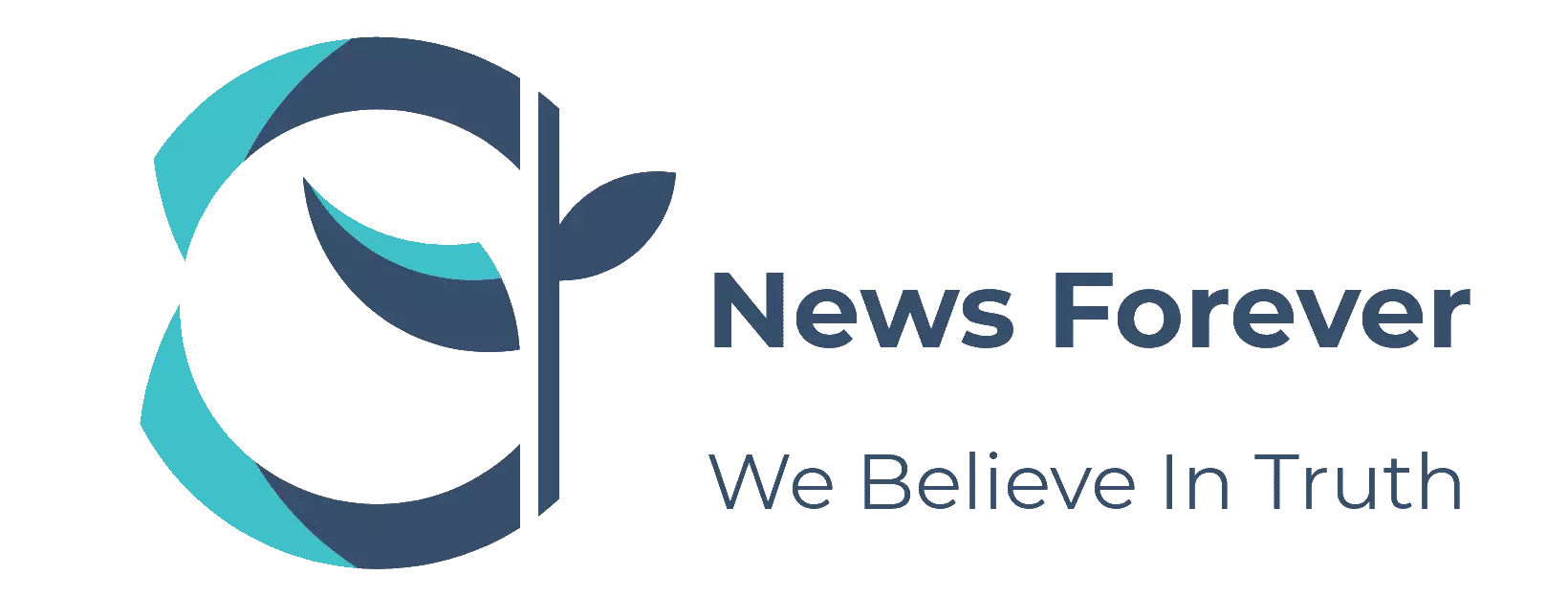Re-cognising Dance (RD) was launched in August 2020 as a platform for dancers, college students and fans to interact critically with the social and political histories of what comes beneath the umbrella time period of “Indian classical dance” at present. Run by Aranyani Bhargav and Mahalakshmi Prabhakar, the Scholar sequence is RD’s most essential pillar. Since it’s typically troublesome for dancers who don’t go into academia to achieve entry to a important social and political historical past of classical dance, the Scholar sequence invitations lecturers and specialists to distil their work for an viewers.
The talks have been more and more effectively attended, and the presence of each younger and established dancers leads the organisers to consider that the sequence fills a niche that has lengthy existed between academia and follow. Conducted over Zoom, the talks are free for anybody who indicators up, and the recordings are later uploaded to YouTube for anybody to entry them later. The audio system are inspired to drop educational jargon for a extra accessible language, and the classes are designed to be interactive, with questions significantly inspired.
The two say that the conferences typically run over the time slot as a result of there’s a lot curiosity generated by the dialogue. Select texts by the audio system, which regularly lie behind journal paywalls, are additionally made out there. According to Aranyani and Mahalakshmi, a beneficiant sharing of data is what the Scholar sequence makes an attempt to do, in addition to give an area for dialogue the place differing views can come up for debate and dialogue.
The emergence of a platform like RD can’t be learn in isolation. It doesn’t declare to be a response to, or consultant of, the current debates round appropriation and marginalisation. It’s the work of a variety of students, in addition to dancers from hereditary communities, that has effected a paradigm shift in conversations within the discipline previously couple of years. This has led to a renewed curiosity in reflecting on the historical past of those artwork types. As questions of caste and appropriation, and of the necessity to create extra inclusive and progressive areas inside this discipline start to discover a larger foothold amongst practitioners, platforms equivalent to these assume larger significance.
Perhaps because of the elevated time spent indoors, or the rise of different channels of communication, 2020 noticed essential conversations emerge from voices which were marginalised to date; conversations that had been largely ignored or been utilized by upper-caste practitioners to create an imagined depth for their very own follow. These conversations have now present in youthful dance practitioners an viewers keen to interact and reimagine Indian classical dance as a safer area for these from marginalised castes and courses and, most significantly, from hereditary areas.
The want to grasp the lived realities of present technology practitioners, and members of hereditary dance communities, is lastly being seen as paramount to understanding the systemic violence Indian classical dance has entailed, and the way this violence can now be mitigated, if not utterly erased.
For the organisers, the spotlight is how students who’ve been impressed and guided by one another’s work, however have by no means had an opportunity to talk immediately, can come collectively and have stay conversations by means of the sequence. Scholars who’ve adopted the careers and trajectories of senior dancers are sometimes delighted to search out them within the viewers. Apart from this, it additionally provides younger college students an opportunity for interactions.
RD additionally runs a sequence referred to as Discouraged, which explores the difficulties confronted by dancers in India at present. Young practitioners dancers are invited to share their experiences, and the way these have impacted and formed their follow. This sequence is an try and create constructive dialogue round impediments to bop as a profession, and a seek for methods to vary the system from inside.
When requested about future plans, Aranyani and Mahalakshmi say that one speedy goal is to work on introducing dance historical past to kids and organise workshops in colleges, one thing for which the National Education Policy 2020 has, in actual fact, laid down provisions. The two had been invited to talk on the first worldwide classical dance convention organised in Latin America.
Ultimately, it’s the imaginative and prescient of re-cognising, or effecting a change in the best way dance is known in India, that drives Aranyani and Mahalakshmi ahead.
The author is a Kuchipudi practitioner and PhD candidate on the University of Cambridge.























